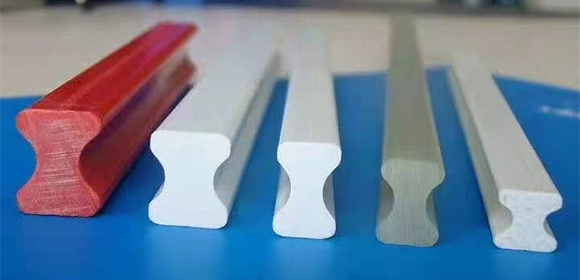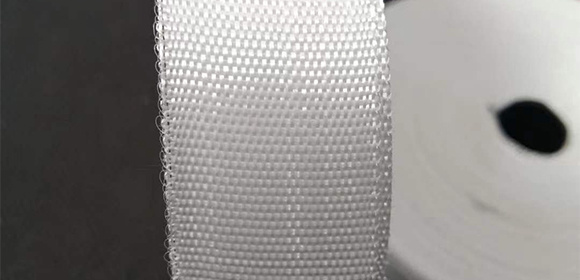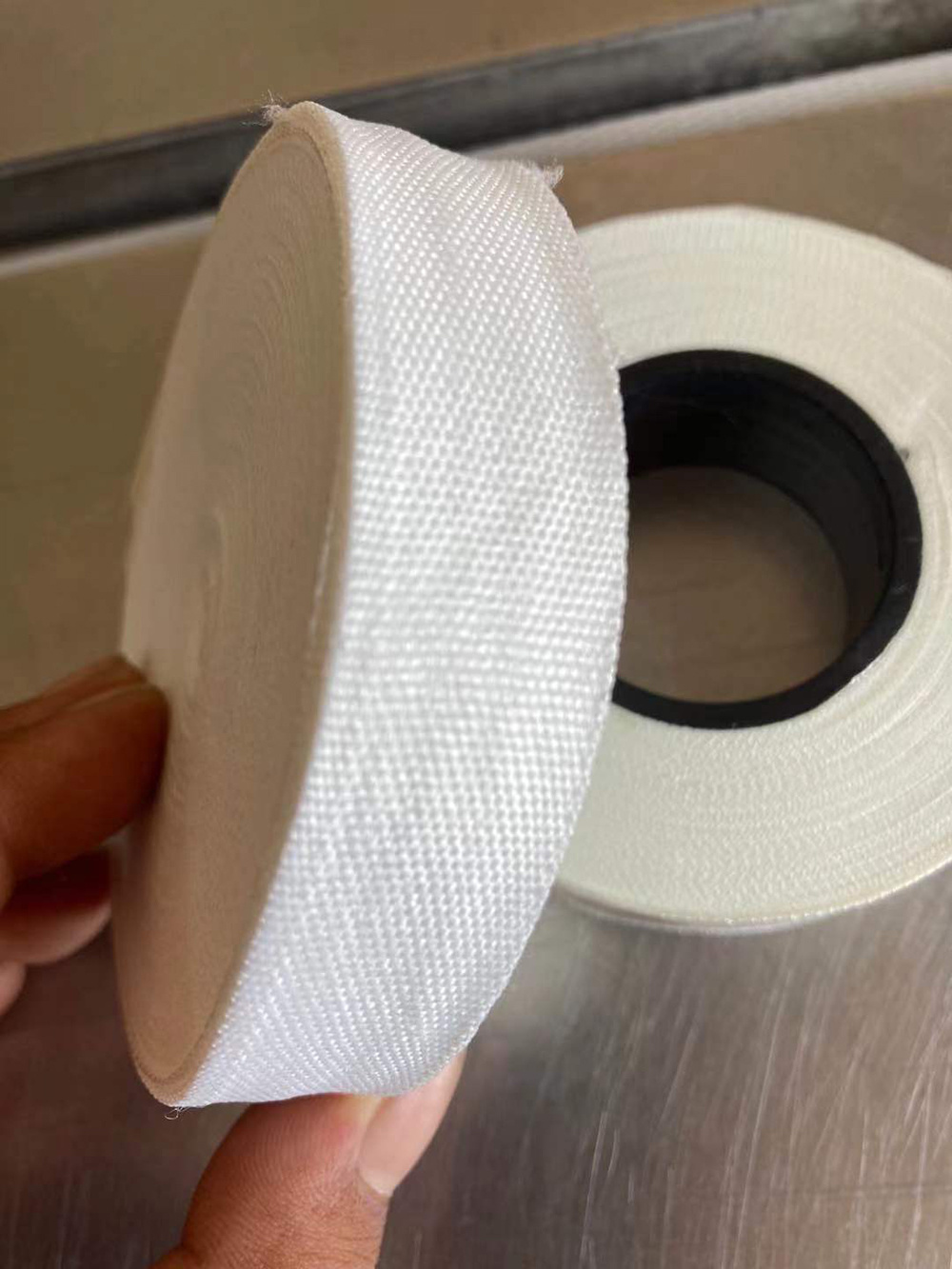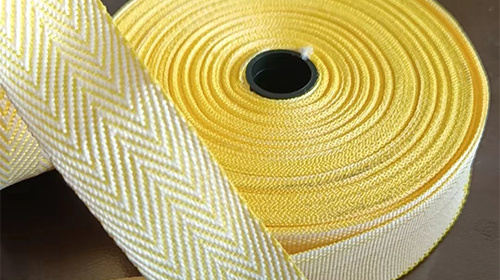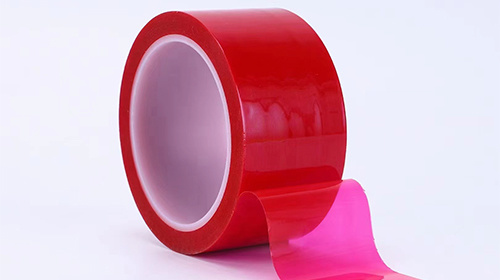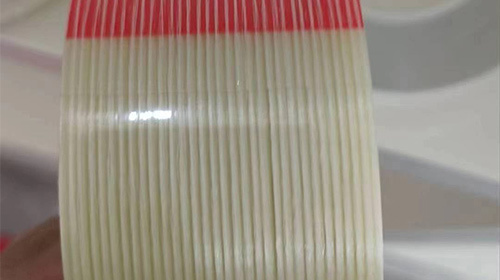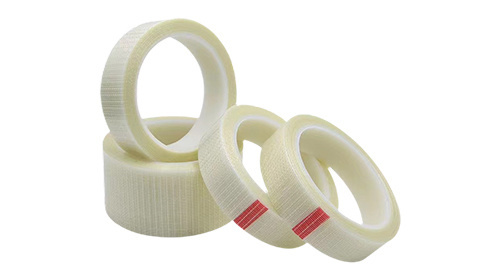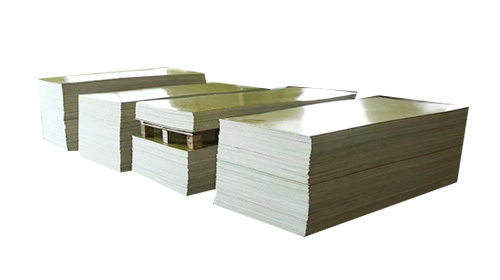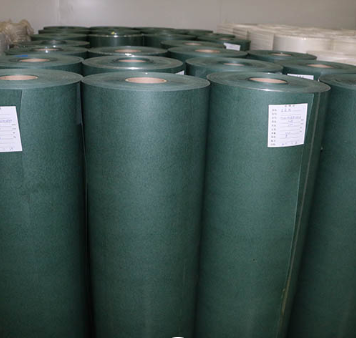Understanding the Benefits of 6520 Fish Paper Composite Material in Electrical Insulation
In the realm of electrical insulation materials, the 6520 Fish paper composite material stands out due to its exceptional insulating properties and versatility. This composite material is formed by impregnating paper with a resin, providing a robust structure that is both durable and effective in preventing electrical conduction. The unique composition of 6520 Fish paper enhances its resistance to
In the realm of electrical insulation materials, the 6520 Fish paper composite material stands out due to its exceptional insulating properties and versatility. This composite material is formed by impregnating paper with a resin, providing a robust structure that is both durable and effective in preventing electrical conduction. The unique composition of 6520 Fish paper enhances its resistance to heat, moisture, and chemicals, making it suitable for a variety of electrical applications.
One of the primary advantages of using 6520 Fish paper composite material is its excellent dielectric strength. This property allows it to withstand high voltage applications without compromising safety or performance. As a result, it is widely utilized in the manufacturing of transformers, motors, and capacitors, where reliable insulation is paramount.
Another important characteristic of 6520 Fish paper is its mechanical strength. The composite material exhibits high tensile strength, which means it can endure significant stress and strain without tearing or degrading. This feature is particularly beneficial in environments where mechanical stress is a factor, ensuring that the insulation remains intact over time.
The thermal stability of 6520 Fish paper composite material is also noteworthy. It can operate effectively in a wide range of temperatures, making it ideal for applications that experience fluctuating thermal conditions. This stability helps to maintain the integrity of electrical systems, reducing the likelihood of failures and extending the lifespan of the components it insulates.
Moreover, 6520 Fish paper composite material has a low moisture absorption rate. This quality is essential because excessive moisture can lead to insulation breakdown and electrical failures. By resisting moisture penetration, this composite material helps to ensure the reliability and safety of electrical equipment, particularly in humid environments.
In addition to its technical properties, 6520 Fish paper composite material is also environmentally friendly. It is often made from renewable resources, which aligns with the growing trend towards sustainable materials in the electrical industry. This makes it an attractive option for manufacturers looking to reduce their ecological footprint while still delivering high-quality insulation solutions.
In conclusion, 6520 Fish paper composite material is a superior choice for electrical insulation applications due to its exceptional dielectric strength, mechanical durability, thermal stability, and moisture resistance. Its unique properties not only enhance the safety and reliability of electrical systems but also contribute to sustainable practices in the industry. As technology advances, the demand for innovative insulation materials like 6520 Fish paper composite is expected to grow, paving the way for safer and more efficient electrical solutions.
One of the primary advantages of using 6520 Fish paper composite material is its excellent dielectric strength. This property allows it to withstand high voltage applications without compromising safety or performance. As a result, it is widely utilized in the manufacturing of transformers, motors, and capacitors, where reliable insulation is paramount.
Another important characteristic of 6520 Fish paper is its mechanical strength. The composite material exhibits high tensile strength, which means it can endure significant stress and strain without tearing or degrading. This feature is particularly beneficial in environments where mechanical stress is a factor, ensuring that the insulation remains intact over time.
The thermal stability of 6520 Fish paper composite material is also noteworthy. It can operate effectively in a wide range of temperatures, making it ideal for applications that experience fluctuating thermal conditions. This stability helps to maintain the integrity of electrical systems, reducing the likelihood of failures and extending the lifespan of the components it insulates.
Moreover, 6520 Fish paper composite material has a low moisture absorption rate. This quality is essential because excessive moisture can lead to insulation breakdown and electrical failures. By resisting moisture penetration, this composite material helps to ensure the reliability and safety of electrical equipment, particularly in humid environments.
In addition to its technical properties, 6520 Fish paper composite material is also environmentally friendly. It is often made from renewable resources, which aligns with the growing trend towards sustainable materials in the electrical industry. This makes it an attractive option for manufacturers looking to reduce their ecological footprint while still delivering high-quality insulation solutions.
In conclusion, 6520 Fish paper composite material is a superior choice for electrical insulation applications due to its exceptional dielectric strength, mechanical durability, thermal stability, and moisture resistance. Its unique properties not only enhance the safety and reliability of electrical systems but also contribute to sustainable practices in the industry. As technology advances, the demand for innovative insulation materials like 6520 Fish paper composite is expected to grow, paving the way for safer and more efficient electrical solutions.






